Introduction:
The digital world is a data pool readily available for businesses to consume and use. However, these significant data inputs are extensively scattered across countless websites. Manual collection of relevant information can make the process slow and tedious.
So, how does a business sort essential information from the deep World Wide Web? How can a business effectively use the required data and save time too?
Web scraping – a powerful tool that enables businesses to extract data from websites automatically, can be a key mechanism. Scraping automates repetitive data extraction tasks and provides businesses with useful information.
So, let us further explore what web scraping is and how it can help businesses to boost their productivity.
What is web Scraping?
Web scraping is the process of extracting large amounts of data from websites automatically. It uses a web scraper program to access a web page, interpret the data, and extract the relevant information.
To scrape data from website, you first have to decide which website to extract data from. Then collect the URLs of these websites. Next, by sending a request to the web URL you can retrieve the HTML content of the pages. Then you can save the data in a structured format for further use.
Different types of web scrapers
1. Pre-built or self-built: Pre-built scrapers are ready to use instantly. They are downloadable and you can use them without having any coding knowledge. Anyone, even a beginner can build a web scraper using available tools.
Browser extensions vs. computer software: Browser extension scrapers are simple to use and they integrate directly into our browsers. Computer software scrapers provide advanced features and more compatibility across different systems.
Cloud Vs local: By operating on cloud servers, cloud-based scrapers save local computer storage. Local scrapers use a computer’s resources and an internet connection, as a result, they consume more RAM.
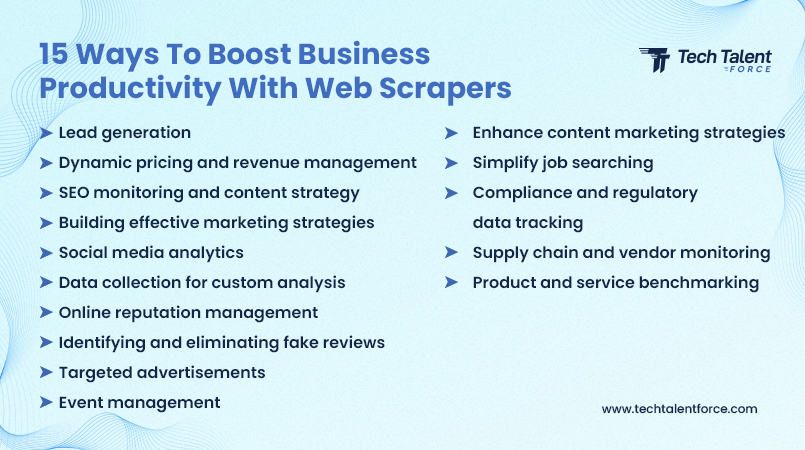
15 ways to boost business productivity with web scrapers
1. Lead generation
Lead generation needs a lot of data including contact data such as mail addresses and phone numbers. Scraping provides you with this data by scraping it from numerous websites. By using this data businesses can make more targeted lists of potential leads.
Lead generation needs a lot of data including contact data such as mail addresses and phone numbers. Scraping provides you with this data by scraping it from numerous websites. By using this data businesses can make more targeted lists of potential leads.
2. Dynamic pricing and revenue management
By using data scraping, businesses can collect competitor data and adjust their pricing models according to market trends and competitor pricing. They can stay competitive and relevant to customers and make effective pricing strategies that will increase revenue growth.
By using data scraping, businesses can collect competitor data and adjust their pricing models according to market trends and competitor pricing. They can stay competitive and relevant to customers and make effective pricing strategies that will increase revenue growth.
3. SEO monitoring and content strategy
Several businesses use data scraping to collect keyword data from competitors, making it easy to select keywords that rank. It can also be used to compare content templates with those of competitors. Further, web crawling is vital in SEO because it helps track search engine rankings and the SEO strategy’s effectiveness.
Several businesses use data scraping to collect keyword data from competitors, making it easy to select keywords that rank. It can also be used to compare content templates with those of competitors. Further, web crawling is vital in SEO because it helps track search engine rankings and the SEO strategy’s effectiveness.
4. Building effective marketing strategies
Using scraped data, companies can analyze market dynamics to make effective marketing strategies. This data makes the process of secondary data research even more easier.
Using scraped data, companies can analyze market dynamics to make effective marketing strategies. This data makes the process of secondary data research even more easier.
5. Social media analytics
Maintaining a strong social media presence has become integral to every business. To ensure this, social media analytics is the crucial aspect. To make this process easier, web data extraction helps in automated data collection from various social media platforms. Businesses can collect data such as shares, hashtags, and mentions and use this to understand social media conversations.
Maintaining a strong social media presence has become integral to every business. To ensure this, social media analytics is the crucial aspect. To make this process easier, web data extraction helps in automated data collection from various social media platforms. Businesses can collect data such as shares, hashtags, and mentions and use this to understand social media conversations.
6. Data collection for custom analysis
By analyzing unique business needs businesses can create custom data sets. They can collect diverse data types including text, images, and metadata.
By analyzing unique business needs businesses can create custom data sets. They can collect diverse data types including text, images, and metadata.
7. Online reputation managementBusinesses can use scraping to gather and analyze real-time data about brand mentions. It also alerts businesses to new reviews or mentions instantly. Thus, businesses can reply to them promptly. Further, businesses can also identify customer feedback trends for better decision-making. Therefore, companies using scraping and brand monitoring services will be ahead of customer experience, and they can maintain a positive brand image.
8. Identifying and eliminating fake reviews
Every firm needs to care about its online reputation. Review tracking helps businesses understand their customer feedback better and they can improve their marketing strategies based on their customer preferences. Identifying relevant platforms and examining web page structure enables businesses to scrape online reviews. In addition, companies can also use methods like statistics and sentiment analysis.
Every firm needs to care about its online reputation. Review tracking helps businesses understand their customer feedback better and they can improve their marketing strategies based on their customer preferences. Identifying relevant platforms and examining web page structure enables businesses to scrape online reviews. In addition, companies can also use methods like statistics and sentiment analysis.
9. Targeted advertisements
Utilizing web scraping services, companies can monitor advertisements, competitor campaigns, budgets, and target audience insights. It can collect information on how customers interacted with old campaigns, supporting companies to optimize campaigns in the future for increased engagement and conversion. Further, it helps companies analyze competitor marketing and promotional campaigns, and price plans.
Utilizing web scraping services, companies can monitor advertisements, competitor campaigns, budgets, and target audience insights. It can collect information on how customers interacted with old campaigns, supporting companies to optimize campaigns in the future for increased engagement and conversion. Further, it helps companies analyze competitor marketing and promotional campaigns, and price plans.
10. Event management
There are countless websites dedicated to all types of events including conferences, concerts, and other social events. The information from these websites can prove to be beneficial for event planners. By scraping data like event dates, locations, and ticket prices, event planners can make informed decisions about their events and plan their calendars.
There are countless websites dedicated to all types of events including conferences, concerts, and other social events. The information from these websites can prove to be beneficial for event planners. By scraping data like event dates, locations, and ticket prices, event planners can make informed decisions about their events and plan their calendars.
11. Enhance content marketing strategies
Web scraping helps in the first step of content creation which is content research. Further, it also helps in audience research, identifying valuable keywords. Further, by scraping data from websites, it identifies trends to stay ahead of the competition.
Web scraping helps in the first step of content creation which is content research. Further, it also helps in audience research, identifying valuable keywords. Further, by scraping data from websites, it identifies trends to stay ahead of the competition.
12. Simplify job searching
Job seekers who want to find the best job out there can use scraper to collect and parse job postings. After setting it, you will get data in a structured format, minimizing the need to check it frequently.
Job seekers who want to find the best job out there can use scraper to collect and parse job postings. After setting it, you will get data in a structured format, minimizing the need to check it frequently.
13. Compliance and regulatory data tracking
Compliance documents are frequently updated on the web. Scraping automates the monitoring of these updates and industry standards. Hence, businesses can comply with new laws promptly, reducing penalties for non-compliance.
Compliance documents are frequently updated on the web. Scraping automates the monitoring of these updates and industry standards. Hence, businesses can comply with new laws promptly, reducing penalties for non-compliance.
14. Supply chain and vendor monitoring
By using scraped data supply chain businesses check the selected vendors, price fluctuations, and market demand changes. This data also helps in improving negotiation capabilities.
By using scraped data supply chain businesses check the selected vendors, price fluctuations, and market demand changes. This data also helps in improving negotiation capabilities.
15. Product and service benchmarking
Businesses collect and analyze data regarding competitors’ products, customer feedback, and market trends. Scraping enables businesses to examine and refine their offerings effectively. Further, companies can identify competitive gaps and areas for innovation. They can strategically position their offerings to align with consumer expectations and market necessities.
Businesses collect and analyze data regarding competitors’ products, customer feedback, and market trends. Scraping enables businesses to examine and refine their offerings effectively. Further, companies can identify competitive gaps and areas for innovation. They can strategically position their offerings to align with consumer expectations and market necessities.
Benefits of data scraping
- By automating the data extraction tasks, scraping saves cost and time for businesses.
- It provides faster and more reliable results than manual data collection
- By monitoring prices and marketing trends, it improves business intelligence and decision-making.
- Scraping offers high-quality and structured data through web scraping APIs.
- Creates custom datasets by scraping billions of web pages to support deep data analysis processes.
- Provides unrestricted data access irrespective of the public API's limitations.
Conclusion
To sum up, web scraping is a beneficial tool for all digital businesses. It modifies vast web data into practical and useful insights and strengthens data-driven strategy formation. Further businesses can use scraping for sustainability and growth in the digital marketplace. However, each business is unique, and to choose a scraper for your business, it is required to consider your scraping needs. This will ensure your business can collect data for qualitative data analysis and gain useful insights.
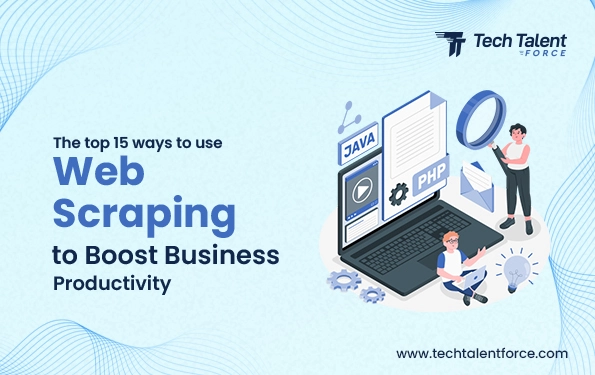

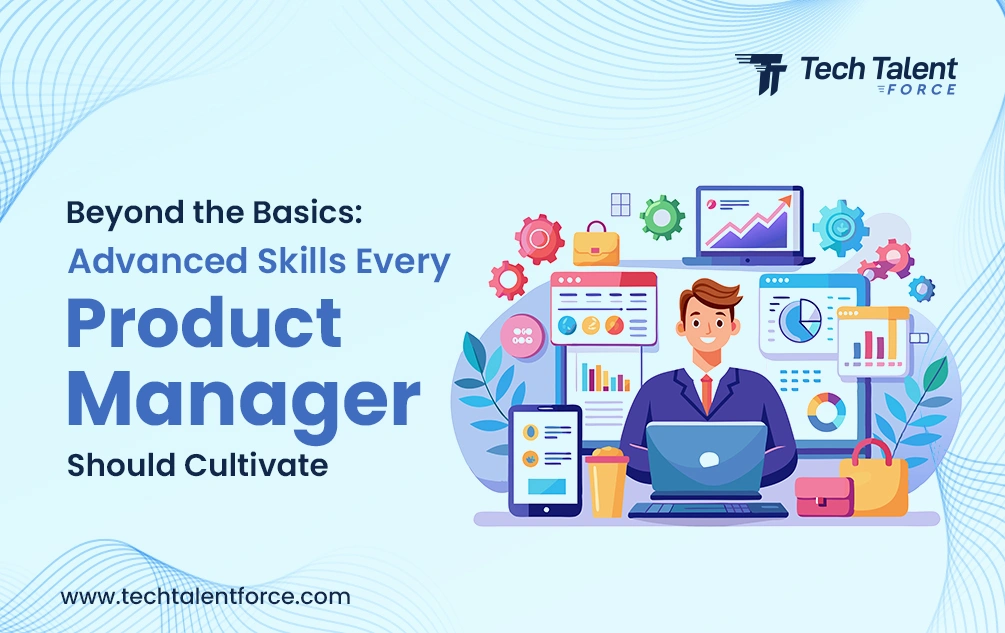
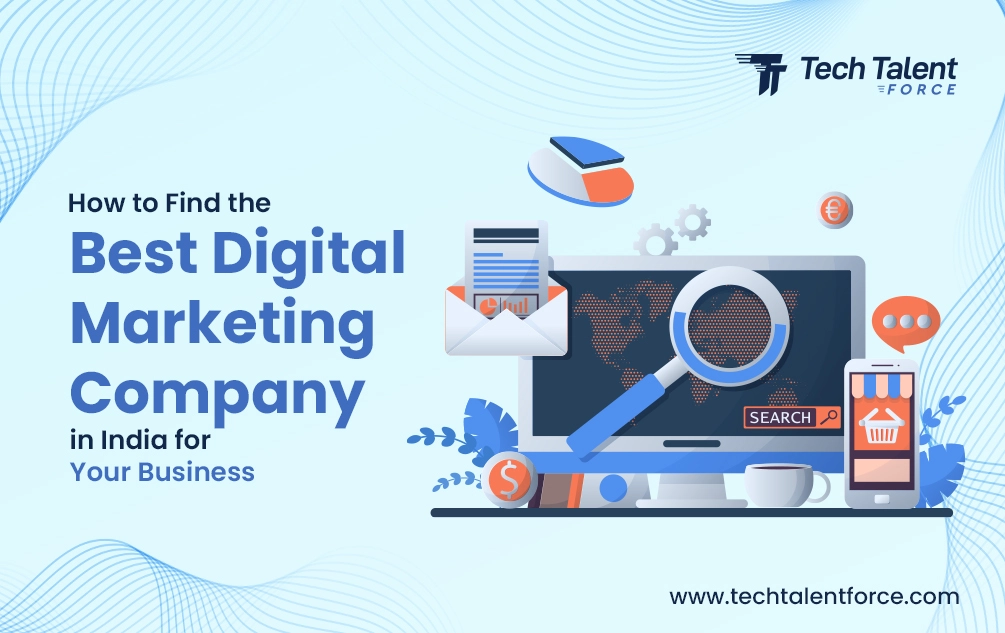
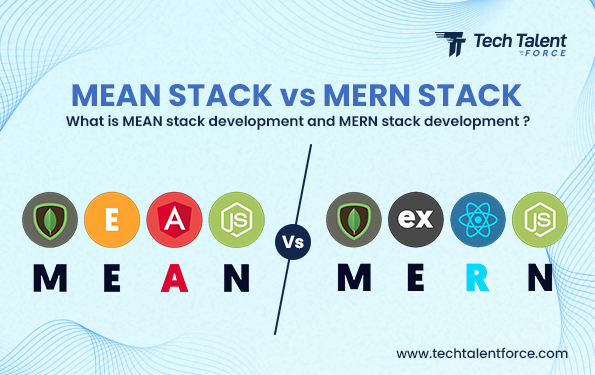
No Comments